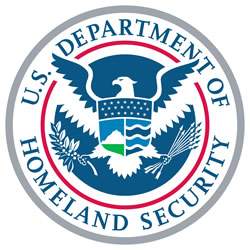WASHINGTON – The Department of Homeland Security announced its commitment to adopt a definition of statelessness for immigration purposes and enhance protections for stateless individuals living in the United States. Through the adoption of a standardized definition of statelessness, the Department will ensure it can recognize unique barriers encountered by stateless persons and better identify and protect such individuals.
“Statelessness presents significant humanitarian concerns that require a careful and thoughtful response specifically tailored to the distinct and diverse needs of stateless persons,” said Secretary Mayorkas. “DHS is committed to pursuing initiatives to enhance recognition of, and protections for, vulnerable populations, including stateless individuals within the United States.”
DHS recognizes that a significant number of stateless individuals reside in the United States and that such individuals face an assortment of serious challenges and obstacles, such as a lack of identity documents. The actions announced today will reduce barriers to accessing legal immigration status and associated benefits.
As an initial step, DHS will adopt a definition of statelessness for immigration purposes and build a process for making statelessness determinations. In coordination with the Department of State, DHS will work to identify and catalogue barriers to legally available immigration relief and benefits faced by stateless persons. DHS will explore possible avenues to reduce or eliminate such barriers. DHS also commits to establishing a process to increase the data available on stateless persons in the United States and will examine the means through which DHS could facilitate work and travel for stateless persons.
DHS will engage on a continuing basis with the United Nations High Commissioner for Refugees (UNHCR), interagency partners, and the public to communicate its commitments, to receive feedback on proposed initiatives, and importantly, to announce further actions to support stateless individuals in the United States, helping to address the global issue of statelessness.

